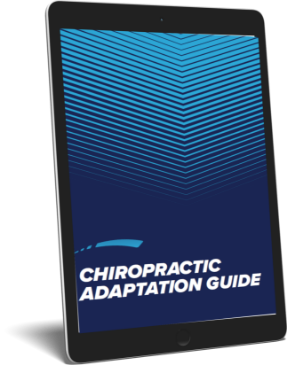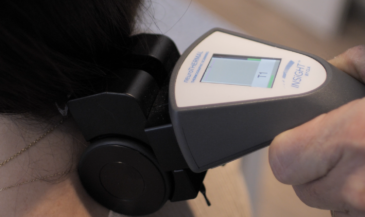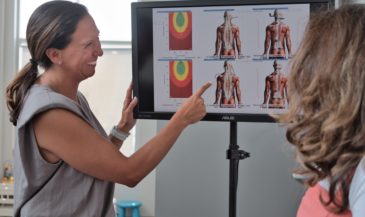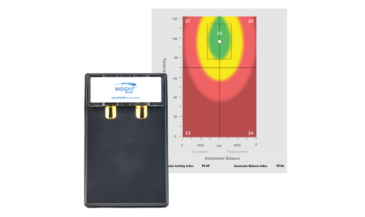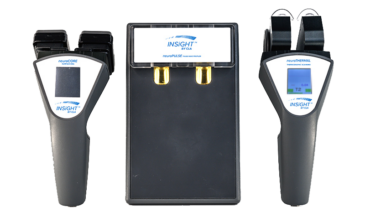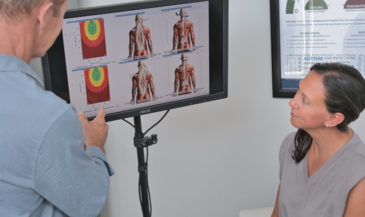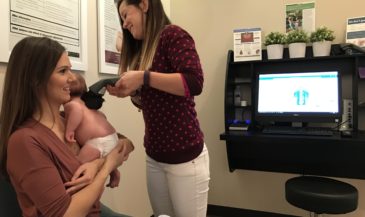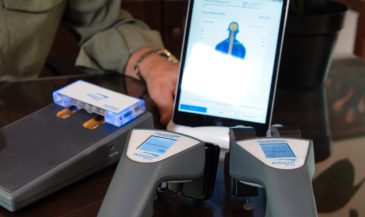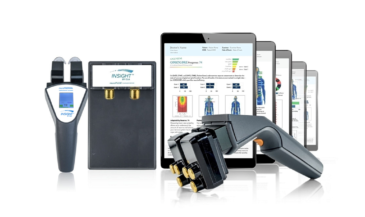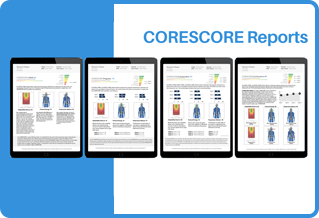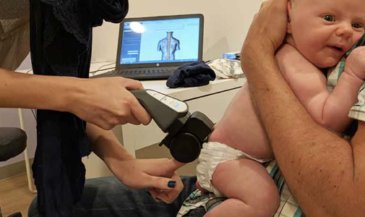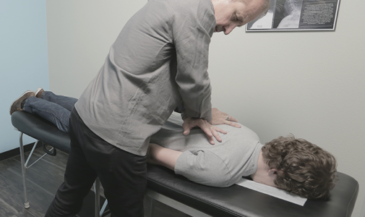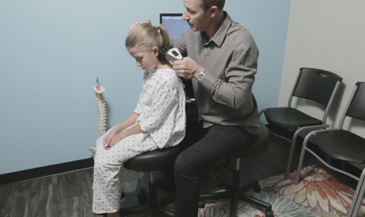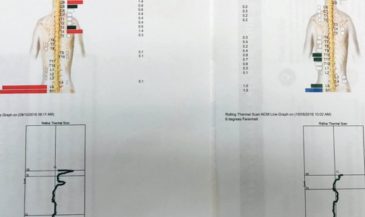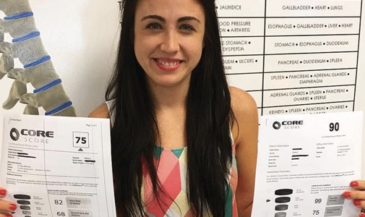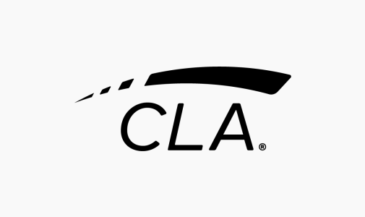Today’s chiropractic practices face a seemingly never-ending list of challenges. Increased competition, high interest rates for capital and shrinking insurance reimbursements have dashed many chiropractor’s hopes of owning their own practice. Many providers now feel stuck in low-paying insurance contracts or comparable sliding scale plans that can seriously affect profitability. Having the success of their practice tied to third-party payers can be frustrating, with insurers ignorant of owner needs and allowing them little power to expand or augment their existing client base.
Of course, some chiropractors are actually doing well for themselves. There were 52,000 chiropractors in 2010 according to the Bureau of Labor and Statistics, with a median salary of roughly $70,000 a few years after school. While this may seem attractive to some, it should first be noted that chiropractors can graduate with as much debt as physicians, and also that chiropractors are more likely to default on student loans than any other health-related profession, according to 2012 Health Resources and Services Administration reports.
Facing these difficulties, many providers eager to begin a successful practice can turn to organizations or consultants that promise to increase practice awareness and profits. While many of these organizations may be legitimate, there are those who can use questionable practices to deliver on promises, such as fake “testimonials” and client reviews that can not only reflect poorly on the practice, but as the field as a whole.
To increase revenue, practices should steer clear of these dubious solutions, and work on ways to reduce ties to insurance fees in order to break free of managed care. One of the preeminent strategies to accomplish this is to stress education on the difference between “sick care” and “health care.” Dr. Staci Borkhuis, who has been practicing in Minot, ND for four years, used this strategy to transfer from an insurance-dependent business to a practice that receives 71 percent of their collections in cash.
Dr. Borkhuis operates a family-focused practice that experiences several hurdles in their transition away from insurance dependency. In an interview with Free Form, Borkhuis explained how she managed the move towards independence for her practice.
“The most important part of becoming non-insurance dependent is education. The chiropractor must be able to educate and train staff on the importance of chiropractic care as a lifestyle choice. The staff must be able to, in turn, understand this concept well enough to explain and enforce the office policies with practice members. It is also an important responsibility for the doctor to be able to explain the concept to patients,” Dr. Borkhuis told the source.
Once insurance decided that a patient’s care is no longer “medically necessary,” they will cease covering adjustments or treatment, and many patients will believe that they have received all the benefits possible from their chiropractor. However, regular adjustments can have significant impact on overall health, and may address the long-standing issues that attributed to the original injury.
Patients should be educated on the benefits of regular care and made aware that the decisions of their insurance company do not necessarily reflect their own best interest. Through educating and empowering them to take their decision into their own hands, chiropractors can break their own insurance dependency.
Of course, patients must first be convinced that continued chiropractic attention can and will benefit their long-term health. That is why the INSiGHT™ system form Chiropractic Leadership Alliance has become the ultimate tool for chiropractors, as it establishes a reliable, scientifically valid, quantitative, multidimensional, representation of your patient’s condition – something never before possible.
The INSiGHT™ chiropractic technology allows both the doctor and patient to track the effectiveness of treatment. By providing an objective evaluation of neurospinal function that can be accurately and easily communicated to patients, chiropractors are finally able to show the benefits of continuing care beyond the often arbitrary point when insurance companies decide to stop coverage.
Thanks for reading!




